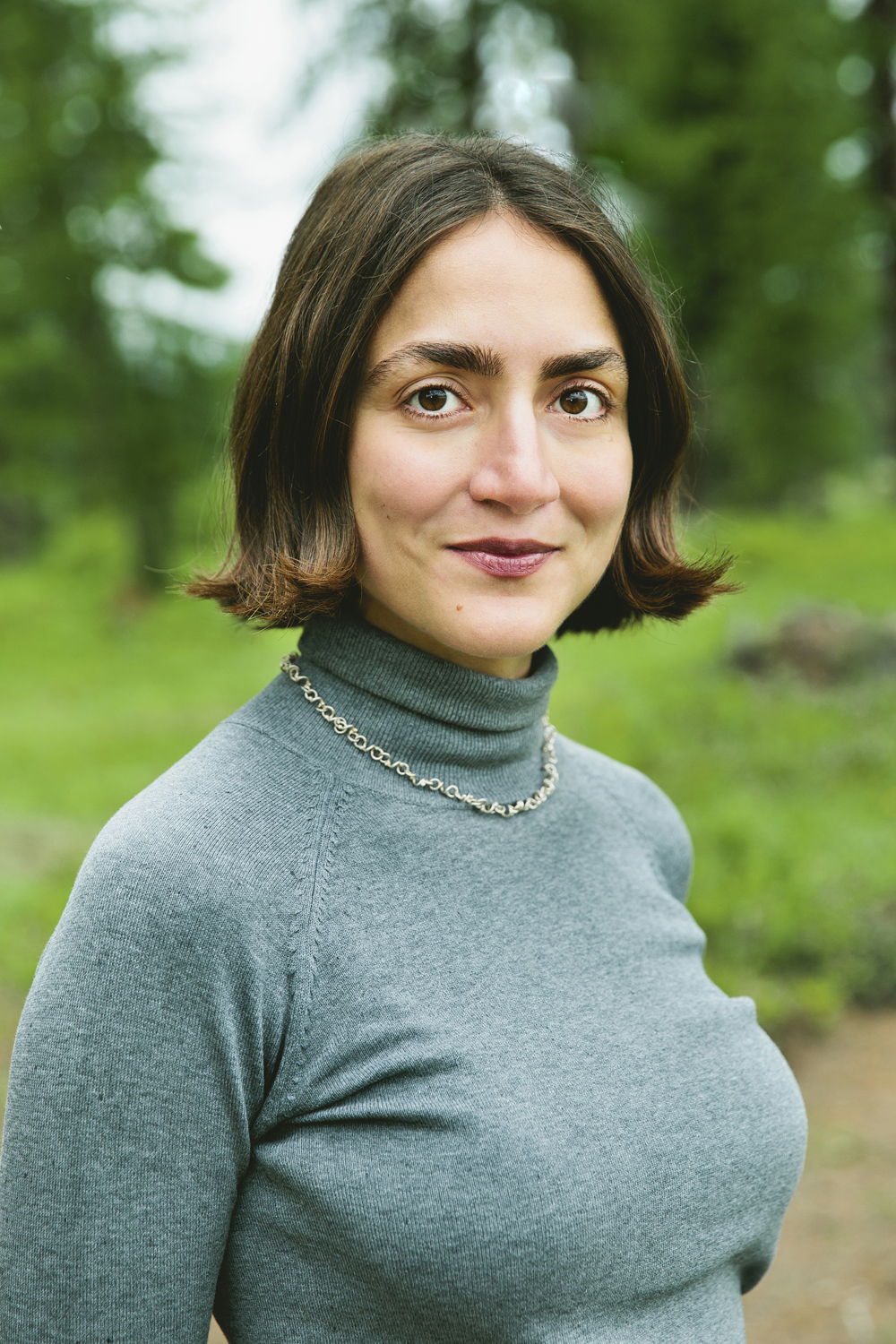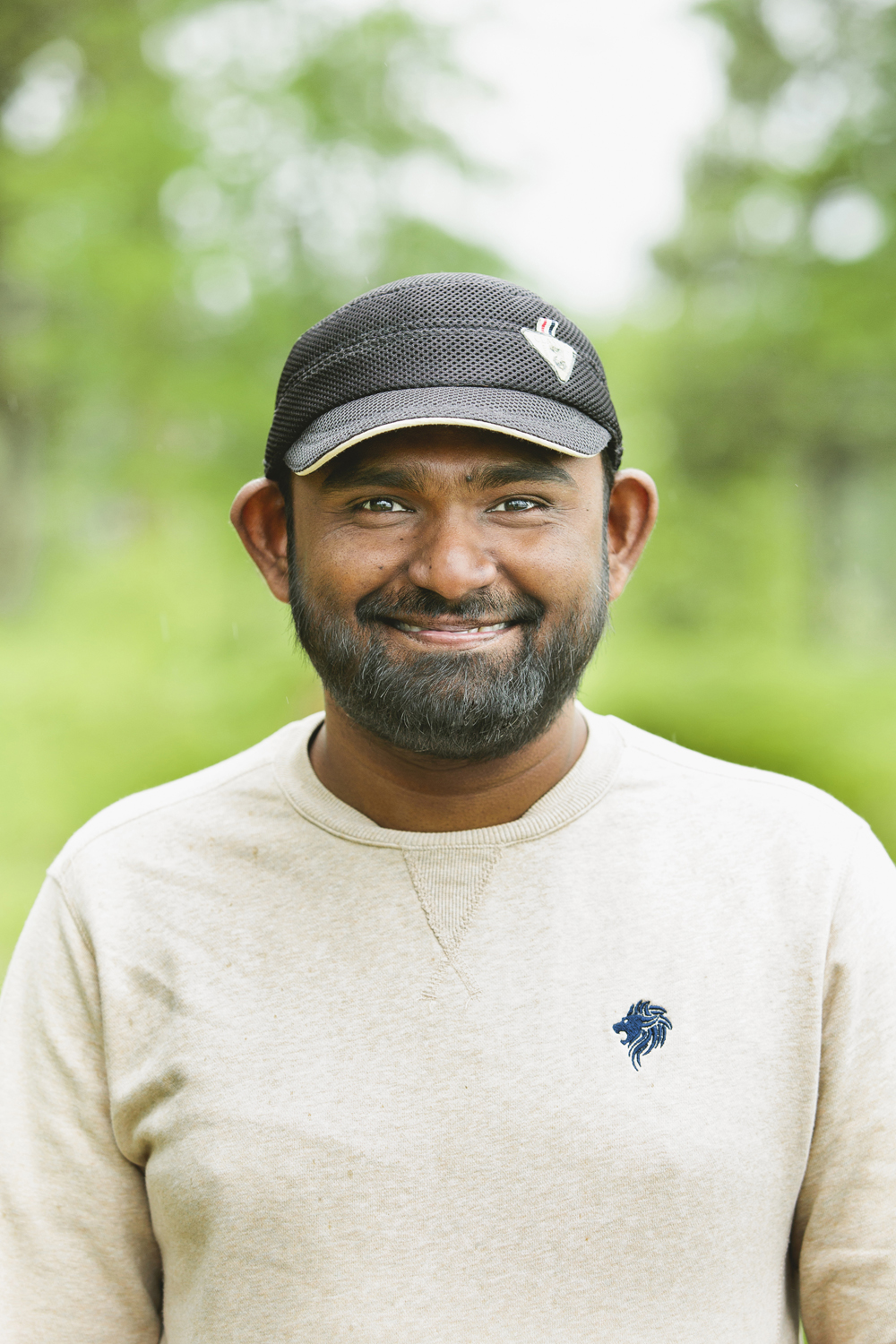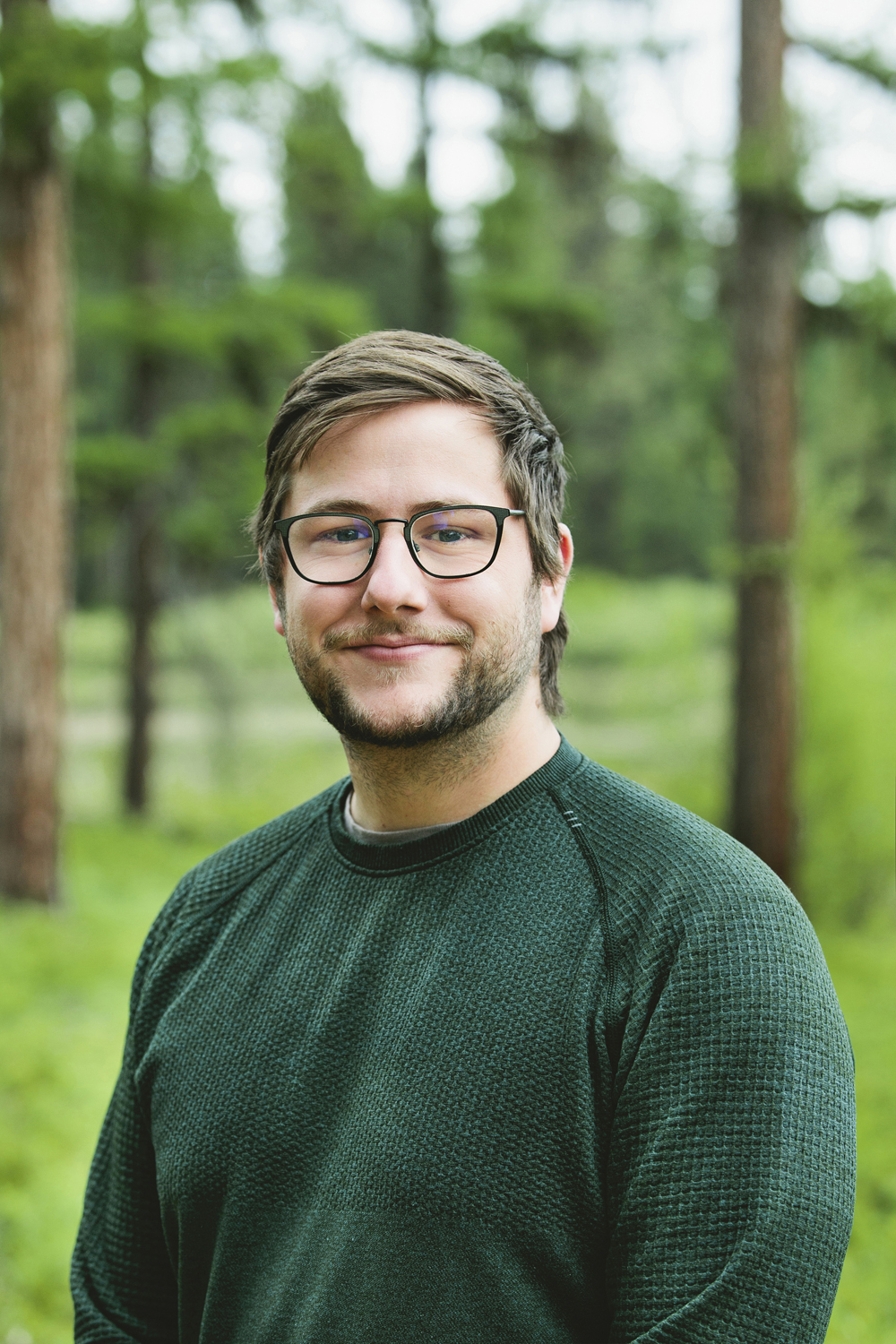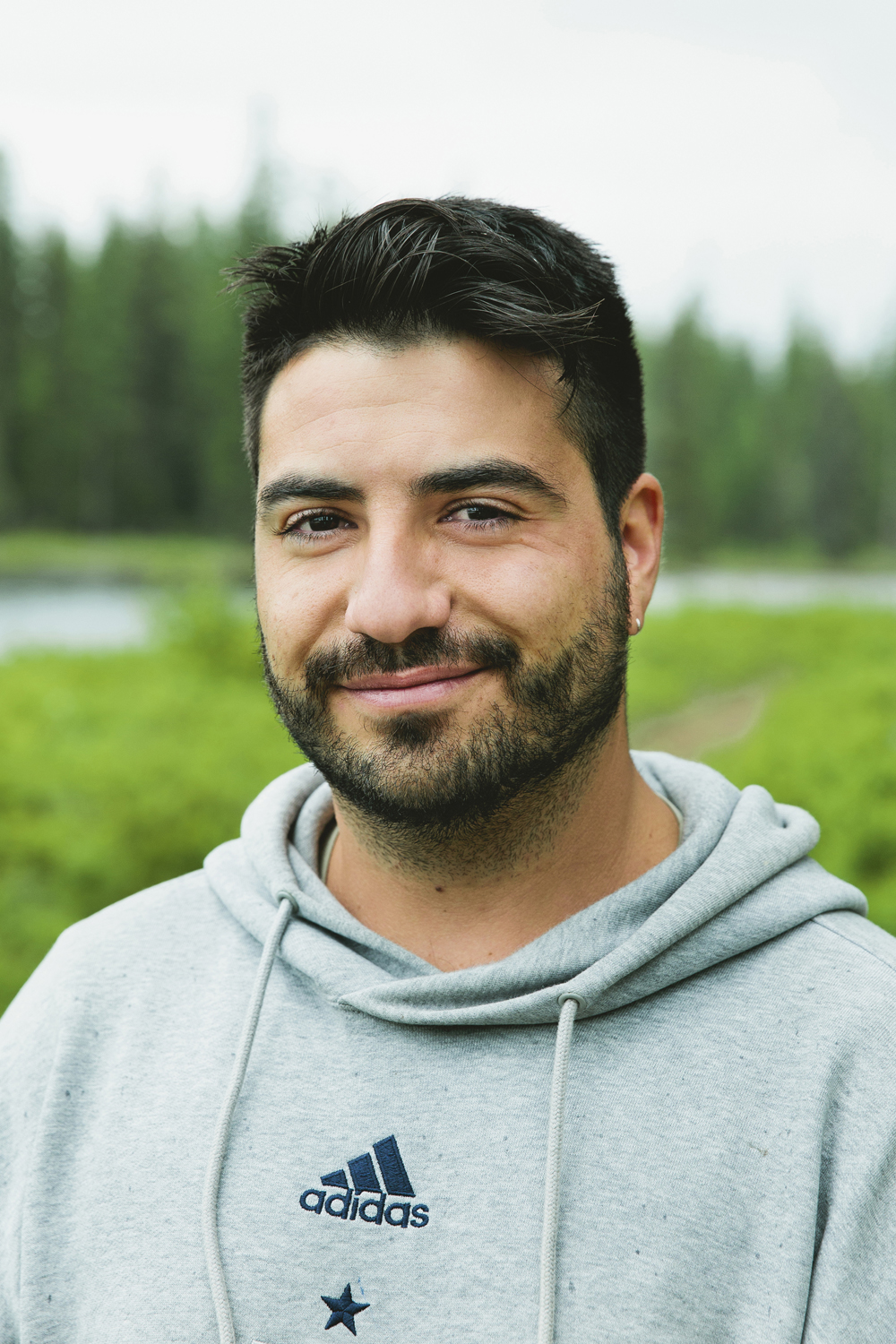Meet the 2023 Launchpad Participants
The Biomimicry Launchpad is a program that helps scientists, innovators, and designers bring their nature-inspired ideas into reality. It is our great pleasure to introduce to you the extraordinary 2023 cohort.
This group of individuals represents a beautiful tapestry of diverse backgrounds, talents, and experiences, all brought together by a shared passion for the natural world and a deep desire to create meaningful and sustainable solutions. Our cohort consists of 16 brilliant minds, hailing from every corner of the globe. Among them are scientists, engineers, architects, designers, and artists, each bringing a unique perspective to the table. Some are seasoned professionals with decades of expertise, while others are emerging talents just beginning to make their mark. This diverse blend of knowledge and perspectives creates a fertile ground for collaboration and cross-pollination of ideas.
As we embark on this journey with the 2023 Launchpad cohort, let us celebrate the richness of their backgrounds, the depth of their expertise, and the boundless possibilities that lie ahead. Together, they will push the boundaries of innovation, drawing from nature’s wisdom and translating it into practical applications that will shape a more sustainable and resilient future
Hover over each participant to learn more about them.

Jessica Tay

Alannah Johnson

Ñawi K. Flores

Yogendra Pratap Signh

Zahra Jajarmikhayat

Marcia Christine

Mac Van Dam

Steve Farrell

Jayanth Ivvala

Andrew Schulz

Veronica Mangio

Paloma Lenz

Byron Garcia

Bruno Márquez

Meryem Erisen

Elke Solot
We will use the information to be in touch with you via email. You can change your mind at any time by clicking the unsubscribe link in the footer of any message you receive from us. Learn more about our privacy practices here.
Support the Next Generation
of Nature-Inspired Innovators
Imagine a world where everything we make is inspired by the natural world. By supporting the Biomimicry Institute you:
- Help bring biomimicry education to more students and educators
- Accelerate the growth of more nature-inspired startups and entrepreneurs
- Increase the number of biological strategies and resources on AskNature.org and across our entire organization.
